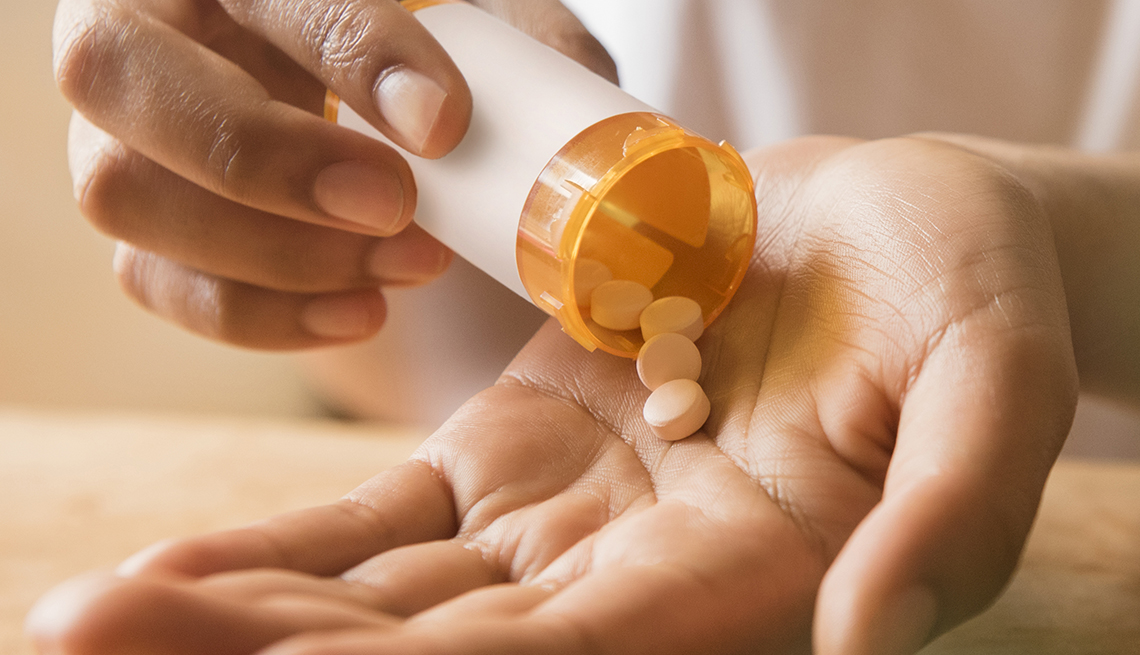Staying Fit
Whether or not you experience pain relief from a placebo may be predicted by your brain anatomy and personality traits. That’s the conclusion of a new study by researchers at Northwestern University who gave patients with chronic back pain either pain-relief medication or a sugar pill, without indicating whether or not they were receiving the active drug.
About half of those who received the placebo reported a drastic reduction in pain — as much as 30 percent — which means that the sugar pills were as effective as any drug on the market, says senior study author A. Vania Apkarian, professor of physiology, anesthesiology and physical medicine and rehabilitation at the Northwestern University Feinberg School of Medicine. “The results are exciting because it’s the first real convincing evidence that the placebo response is predictable,” says Apkarian, whose study was published this week in the journal Nature Communications.


AARP Membership— $12 for your first year when you sign up for Automatic Renewal
Get instant access to members-only products and hundreds of discounts, a free second membership, and a subscription to AARP the Magazine.
The 63 participants (an almost equal number of men and women whose ages averaged about 50) took two pills a day, morning and evening, for two weeks, a process that was repeated twice with a two-week break in-between. They rated their pain throughout the study on a smartphone app.
For expert tips to help feel your best, get AARP’s monthly Health newsletter.

































































